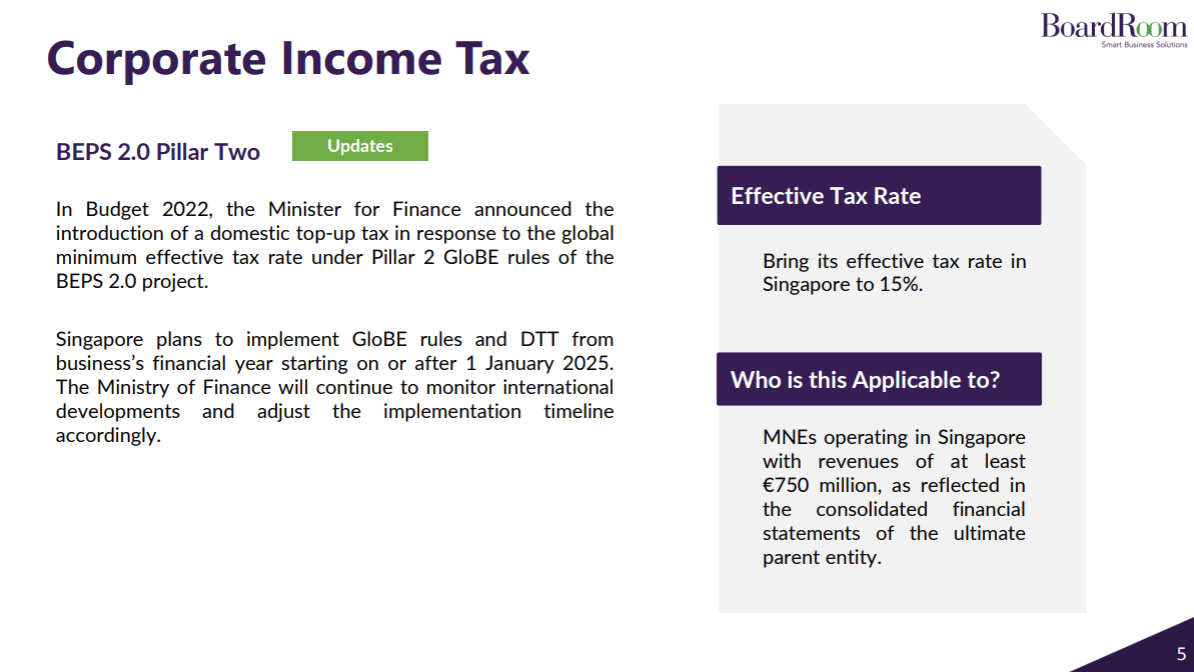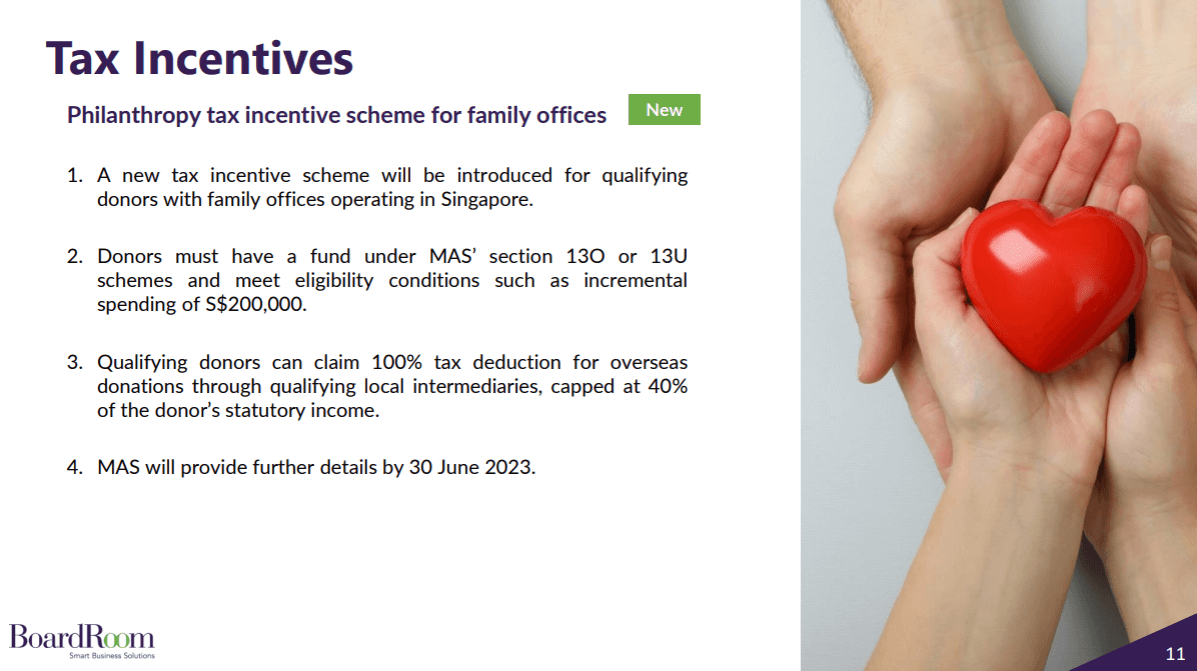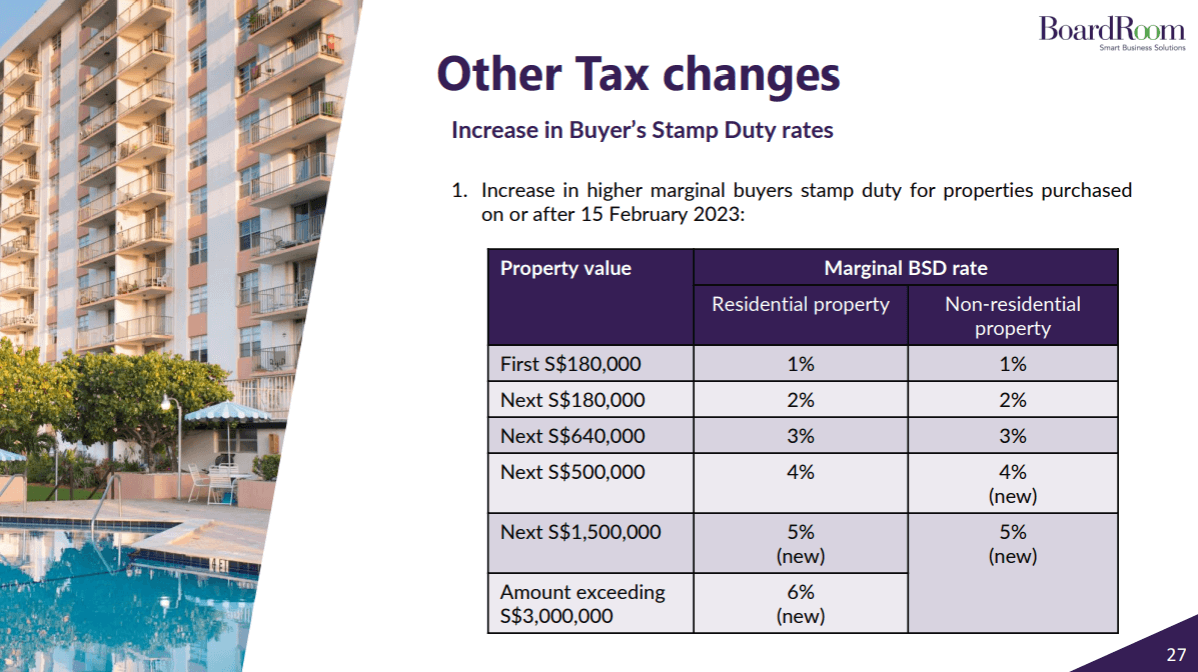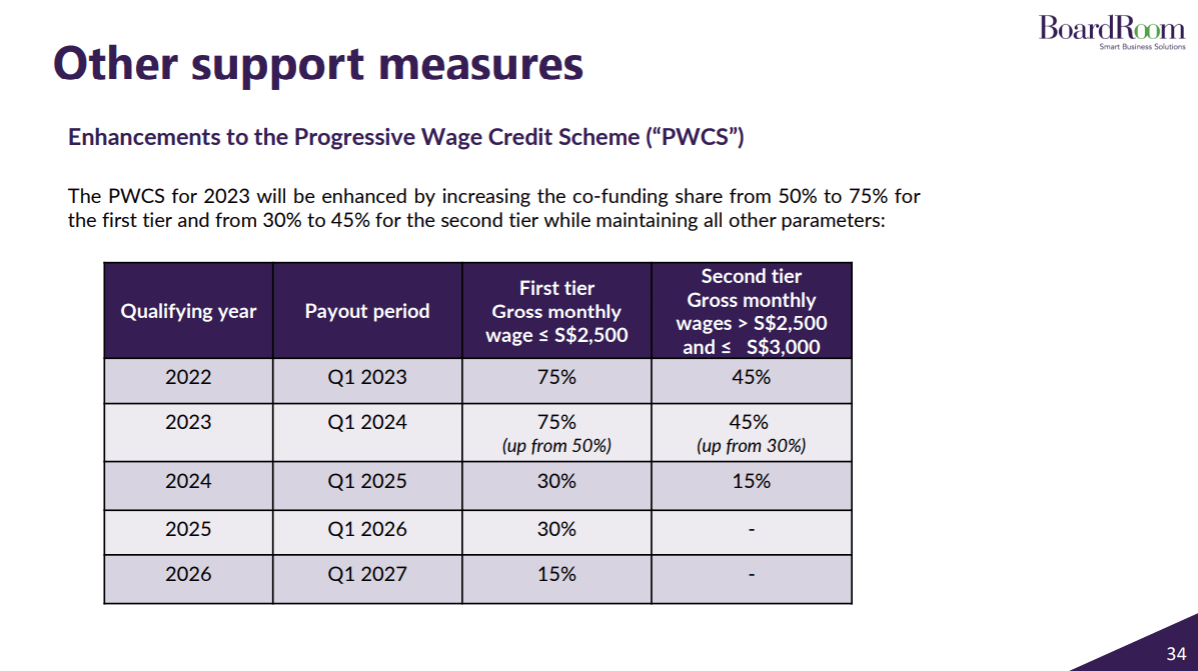With recent changes in regulatory requirements and shareholder activism, we have observed significant differences in how companies conduct their meetings to ensure regulatory compliance and meet shareholders’ expectations. Adoption of technology such as AGM webcasts and ESG factors have also influenced the way companies conduct their meetings.
We have compiled valuable insights reflecting the dynamic shifts that have taken place in the world of Annual General Meetings (AGMs) for the April-May meeting season in Singapore. Whether you’re an investor or a company executive, our infographic is your gateway to understanding the dynamics of virtual, physical and hybrid AGMs in Singapore.
Download our AGM Trends Infographic today so you will be equipped to make informed decisions for your next AGM.
Related Business Insights
-

05 Apr 2024
What Are the Key Benefits of Outsourcing Accounting Services?
Explore the advantages of engaging BoardRoom’s accountancy services, a leading accounting firm offering tailored …
READ MORE -

05 Apr 2024
What Factors Should Businesses Consider When Choosing the Right Accounting Firm?
Explore key factors for choosing the right accounting firm. Partner with BoardRoom for the best financial managemen …
READ MORE -

22 Mar 2024
ESG Reporting Essentials – Your Guide to ESG Reporting in Singapore
Boost transparency and build trust with comprehensive sustainability tracking and ESG reporting solutions. …
READ MORE





































